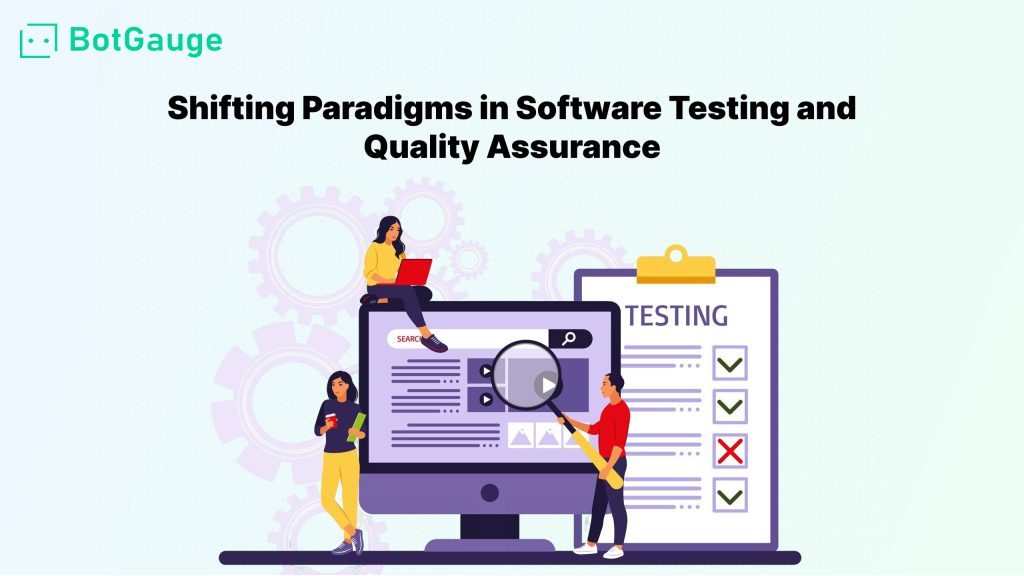Anyone can automate end-to-end tests!
Our AI Test Agent enables anyone who can read and write English to become an automation engineer in less than an hour.
Table Of Content

Table Of Content
Software development is always undergoing a perpetual metamorphosis, driven by the need for speed, efficiency and improvement. Every successful endeavour depends on the bedrock of testing and QA practices, which emerge as indispensable linchpins in the milieu. This article examines the latest trends and tools that are reshaping the landscape of QA. It emphasizes the crucial role of testers who act as integral coordinators and facilitators within the development cycle.
Prioritizing scrutiny on software domains prone to failure by leveraging methodologies such as risk analysis and threat modelling.
Testing is integrated seamlessly into the development process utilizing Scrum and Kanban frameworks to adjust to evolving requirements.
This is implemented by automating testing and continuous integration throughout the development journey, enabling uninterrupted testing.
Employing AI and ML to automate mundane tasks, enhance testing precision, and anticipate potential pitfalls.
Focuses on identifying and preventing security vulnerabilities in software, using static and dynamic analysis tools.
Facilitating seamless planning, execution, and oversight of tests, encompassing platforms like TestRail, qTest, and Zephyr.
Streamlining repetitive tasks through automation, featuring stalwarts like Selenium, Appium, Cypress, and Jmeter.
Simplifying system-level repetitive tasks with automation champions like UIPATH and Zapier.
Effectively communicating test findings to stakeholders, with tools such as Allure, TestNG Reports, and ExtentReports.
Empowering seamless integration and automation of tests across the developmental spectrum, inclusive of Jenkins, Jira, Azure DevOps, Visual Studio Team Services (VSTS), and GitLab CI.
Embracing continuous testing and integration methodologies with tools like BlazeMeter and Jenkins, resulting in a 30% reduction in development time and a 20% enhancement in software quality.
Adopting a risk-centric testing approach using tools like ThreatModeler and RAMP, mitigating risks by 40% and averting critical errors.
Embracing agile testing methodologies facilitated by Jira, Azure DevOps, and Visual Studio, fostering enhanced adaptability and collaboration, augmenting software quality and expediting delivery.
Harnessing the power of AI and ML through tools like Facebook Infer and SapFix, automating tasks, enhancing testing precision, and prognosticating potential errors.
Fortifying its systems against vulnerabilities with security testing tools like OWASP ZAP and Burp Suite, fortifying data protection and ensuring user security.
Companies championing innovation in testing and QA reap substantial dividends in terms of quality, efficiency, and security. The mentioned case studies serve as compelling illustrations of how industry trailblazers leverage contemporary trends and tools to refine the software development ecosystem.
Share
Curious and love research-backed takes on Culture? This newsletter's for you.
View all Blogs
Our AI Test Agent enables anyone who can read and write English to become an automation engineer in less than an hour.